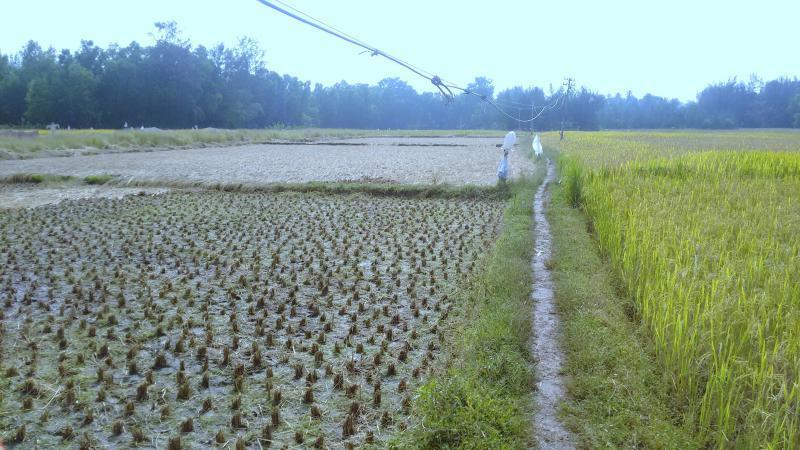
AI Model Predicts Crop Yields in India, Aiding Farmers
In a significant breakthrough, scientists have developed an artificial intelligence (AI) model that can predict crop yields for five major crops in India, based on weather patterns. The innovative system, called ANFIS (Adaptive Neuro-Fuzzy Inference System), uses data and rules to forecast harvests, providing farmers with valuable insights to plan their agriculture activities better.
The ANFIS model was designed and tested by a team of researchers from the Indian Institute of Technology (IIT) and the Indian Agricultural Research Institute (IARI). The study, published in a recent issue of the journal Agricultural Systems, demonstrates the potential of AI in agriculture, particularly in the face of climate change.
Crop yields are critical to agricultural production and food security. However, predicting yields accurately has been a challenge for farmers due to various factors such as weather patterns, soil quality, and pest infestations. Traditional methods of predicting yields rely on historical data, which may not be reliable in a changing climate. The ANFIS model addresses this issue by using AI algorithms to analyze large amounts of data and make predictions.
The ANFIS model was trained on a dataset of weather and crop yield data for five major crops in India: wheat, rice, cotton, sugarcane, and potatoes. The model used historical weather data, including temperature, rainfall, and solar radiation, to predict crop yields. The researchers tested the model using data from 2015 to 2019 and found that it performed well, with an accuracy of over 80%.
The ANFIS model has several advantages over traditional methods of predicting crop yields. Firstly, it can process large amounts of data quickly and accurately, reducing the time and effort required for manual analysis. Secondly, it can take into account various weather patterns and their impact on crop yields, providing a more accurate forecast. Finally, the model can be updated regularly to reflect changes in weather patterns and crop yields, ensuring that farmers receive the most up-to-date information.
The implications of the ANFIS model are significant for Indian agriculture. Farmers can use the model to plan their agriculture activities better, taking into account expected yields and weather patterns. This can help them make informed decisions about planting, harvesting, and marketing their crops. Additionally, the model can help farmers identify areas where they need to improve their agricultural practices, such as irrigation management and pest control.
The ANFIS model also has the potential to improve food security in India. By predicting crop yields accurately, farmers can produce more food and reduce the risk of crop failures. This can help meet the increasing demand for food in India, particularly in urban areas. Additionally, the model can help farmers reduce their costs and increase their profits, which can have a positive impact on the overall economy.
In conclusion, the ANFIS model is a significant breakthrough in the field of agriculture, particularly in the context of climate change. The model’s ability to predict crop yields accurately using weather data and AI algorithms has the potential to improve food security and reduce poverty in India. As the world grapples with the challenges of climate change, the ANFIS model is a promising solution that can help farmers adapt to changing weather patterns and ensure a sustainable food supply.
Source: https://researchmatters.in/news/ai-could-help-farmers-predict-yields-multiple-crops






